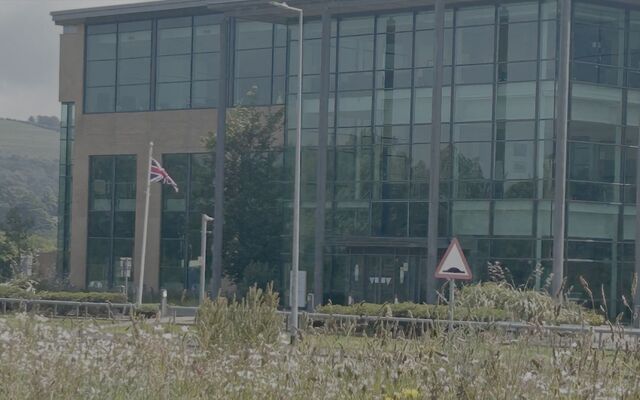THE PSNI is sorely testing the patience and goodwill of the nationalist people when it comes to the dark and dirty history of police involvement in the death of innocents.
‘Protect and serve’ has been the aimed-for ideal of policing services across the globe for centuries, but it has been so bent and twisted out of shape by successive PSNI leaderships that to many communities and families it is no longer a mission statement but a bitter and painful joke. Because the PSNI’s idea of protecting and serving is protecting former officers from scrutiny and serving shadowy figures tasked with keeping them out of court.
New PSNI Chief Constable Jon Boutcher is – as was every one of his predecessors – answerable to a higher power than the people he was appointed to protect and serve, whether he likes it or not. He did not create the sinister and disturbing set of circumstances facing him in the High Court case of Paul ‘Topper’ Thompson.
Nevertheless, he is content to continue to pursue a course of action in this case and others that with every new attempt to hide the past brings nearer the day when victims of state skullduggery and their many supporters will cry ‘Enough is enough.’
The decision by nationalists and republicans 17 years ago to give their support to untested new policing arrangements was a tremendous act of faith given the vast and roiling ocean of RUC crime and conspiracy that needed to be navigated. Not only has that ocean not been crossed, the ship hasn’t even left the port.
The PSNI has been tested over and over again – and over and over again it has failed miserably to deliver the new start that was the bright foundational promise to which the new force owed its existence. What it has delivered in spades is an unshakable commitment to obstruction and silence.
This week's paper is on sale from Wednesday evening and online at https://t.co/WTavq608iy #FRONTPAGE pic.twitter.com/RBxFSn6hXN
— Andersonstown News (@ATownNews) March 27, 2024
While Mr Boutcher is largely free of the grim baggage of RUC loyalty which continues to weigh down senior officers around him, he has already shown himself to be as unwilling as any who have gone before to break the chain of unquestioning acceptance of the number one state imperative: the concealment of its role as a deadly conflict protagonist.
When it comes to the issue of legacy, the public square is paved with rancour, the media discourse spiked with bitterness, in large part because as long as state actors like the PSNI refuse to give us the truth, we go on being tortured on the rack of uncertainty.
But while we struggle painfully and publicly to deal with the past, out of sight the PSNI continues to do a massively effective job of taking care of its own legacy. While the mortality meter ticks inexorably for older relatives hoping against hope for justice in the years left to them, the PSNI deploys huge state resources to ensure the meter wins and truth stays hidden.
The RUC signs came down from outside the stations in 2007, but behind the scenes they are still being loyally cherished and polished. Mr Boutcher should know there’s a meter on the PSNI too. And it’s ticking ever louder.







